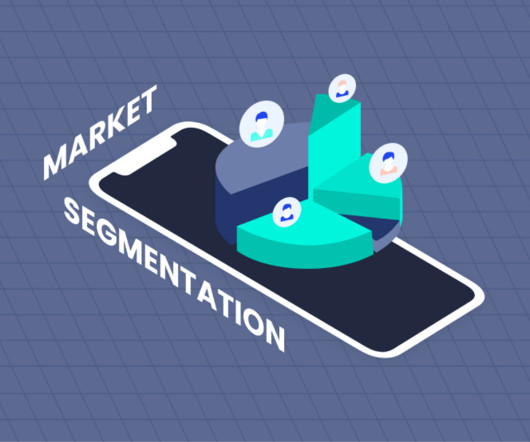What is market segmentation and why is it so important?
Use Insider
APRIL 6, 2023
What is market segmentation? Market segmentation is the process of dividing a larger market into smaller groups of consumers with similar characteristics, needs, or behaviors. This is what we mean by segmentation in marketing. Why is market segmentation important?














Let's personalize your content